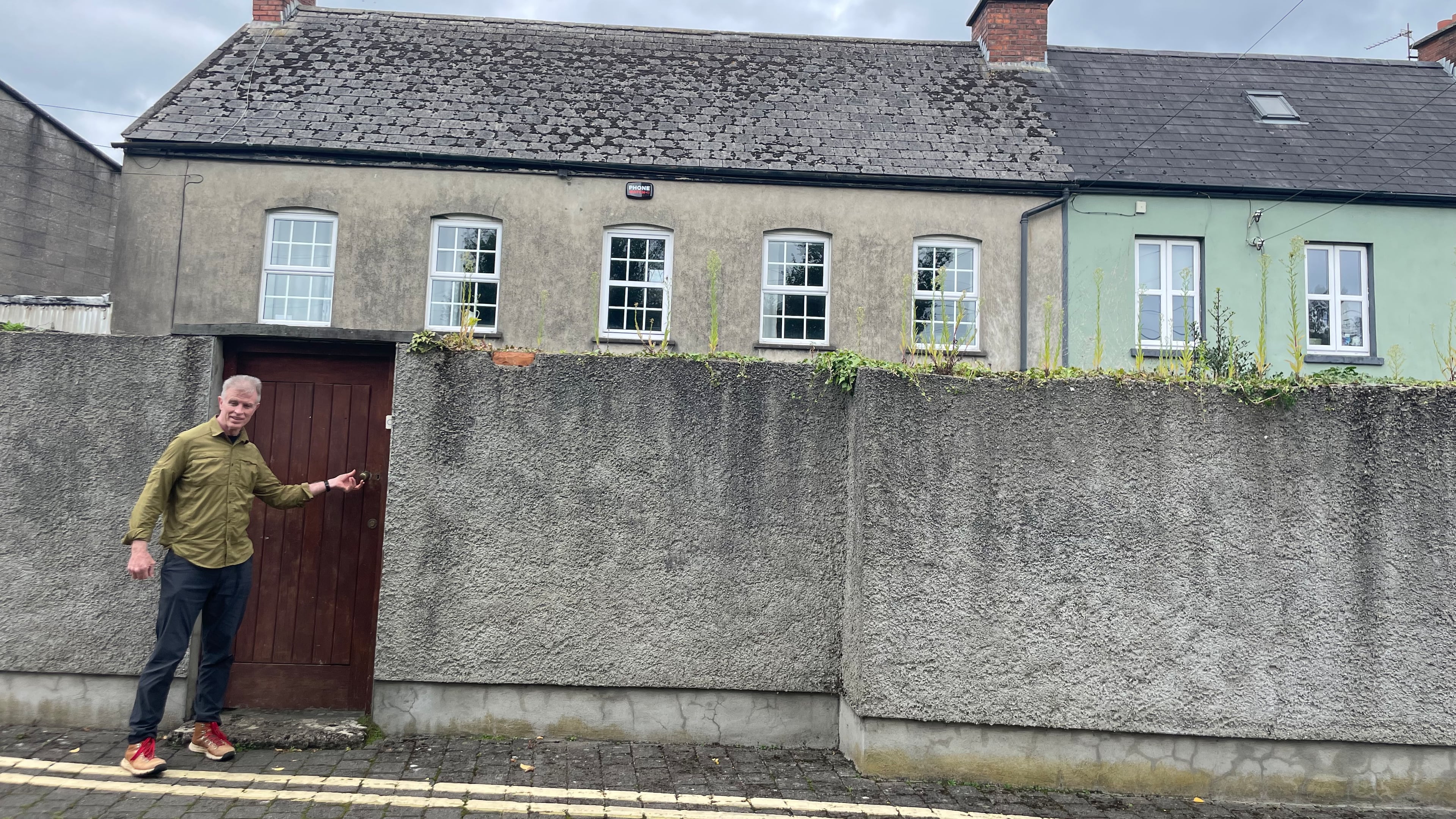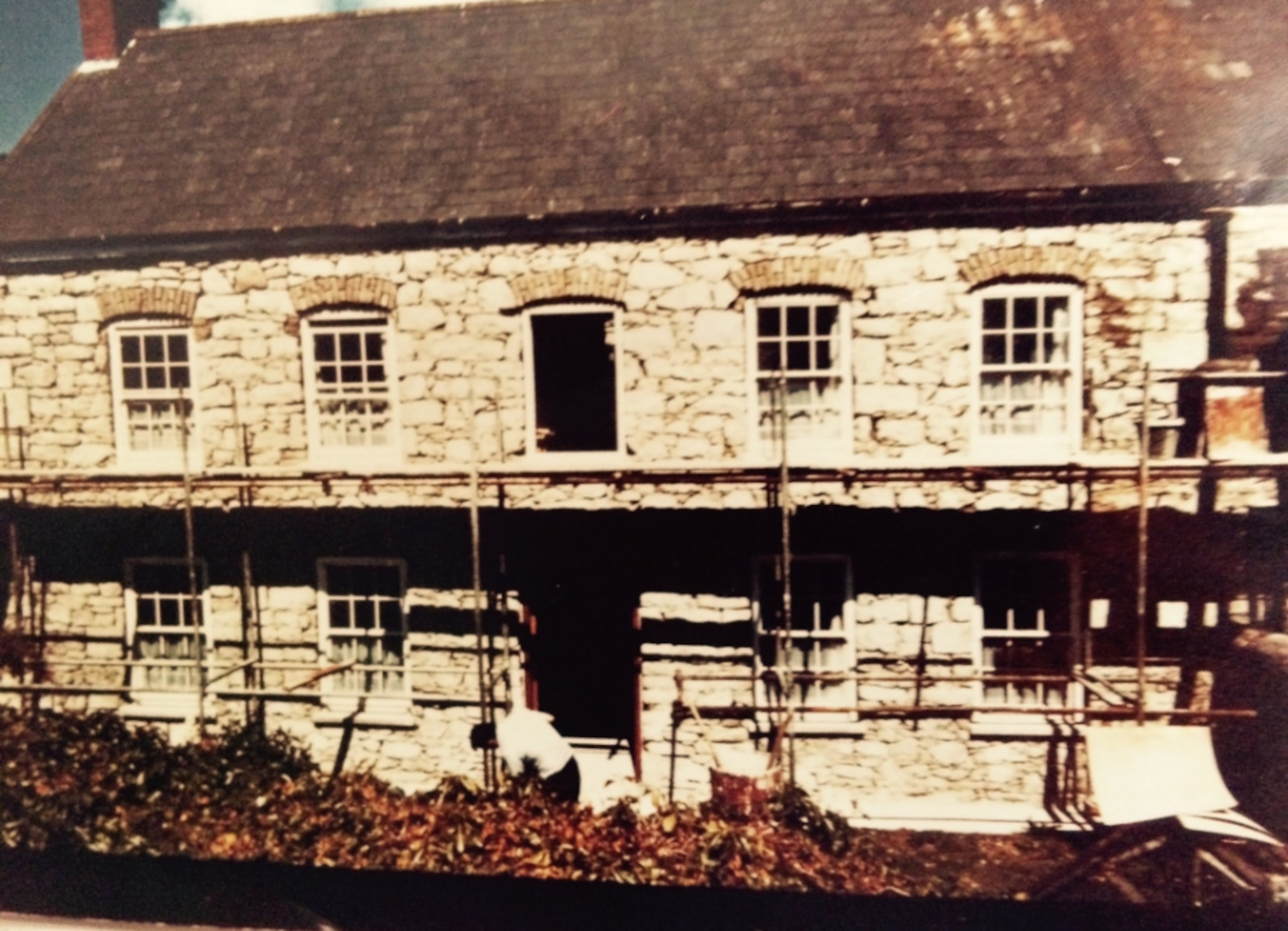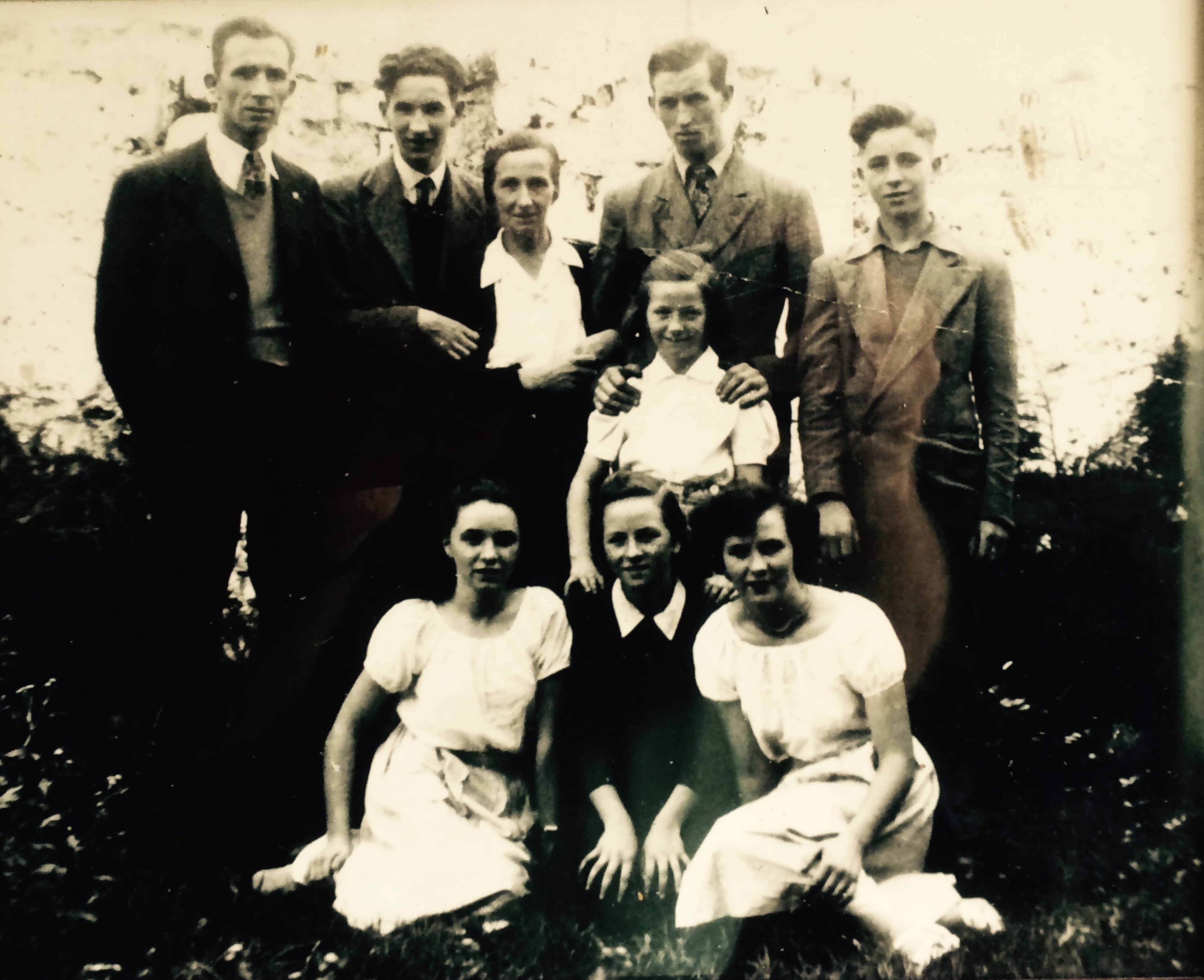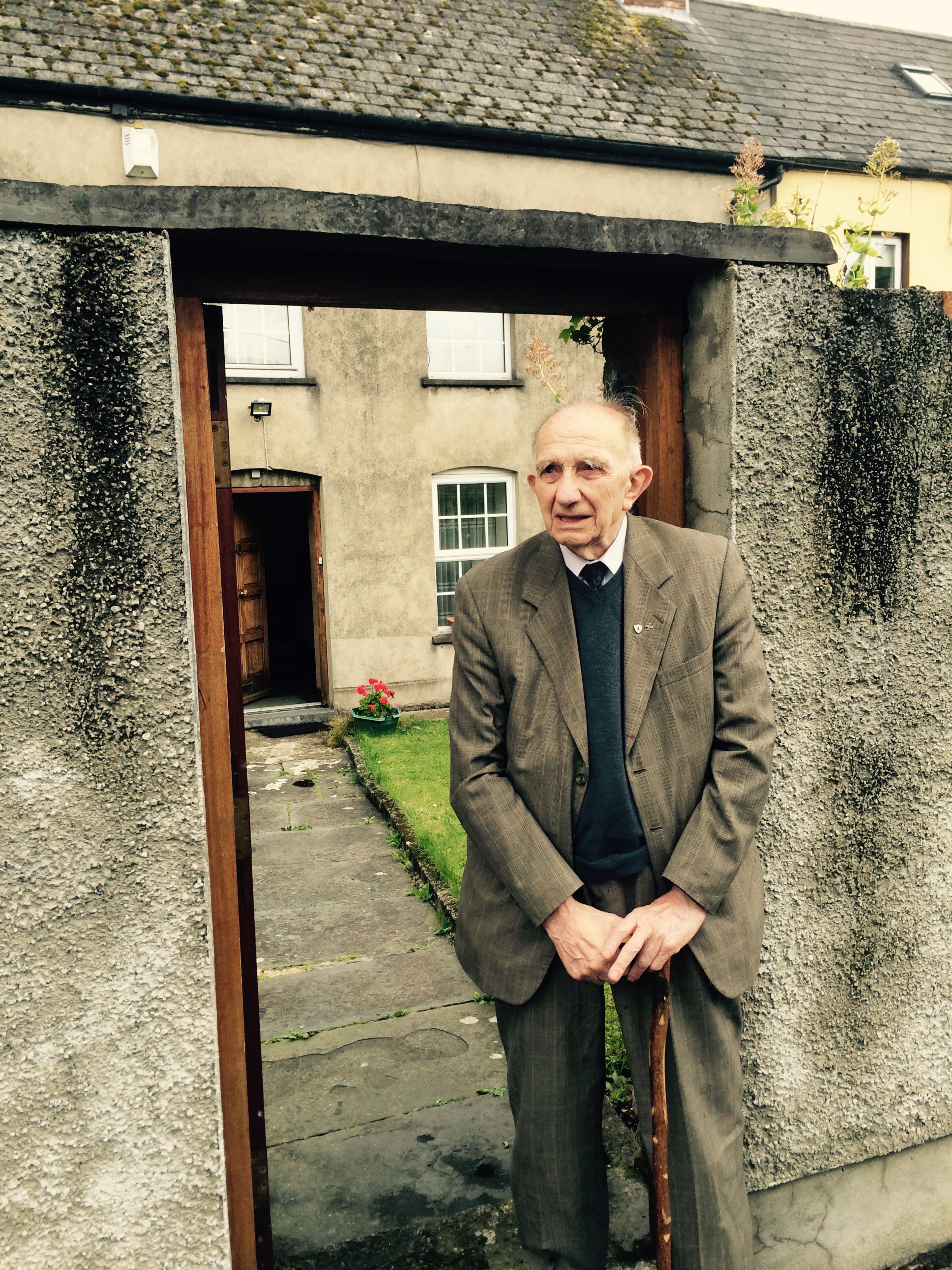TORPY: Yes, you can go home. But it might not be the same

It’s said you can never go home again.
But for generations, I, like many members of the extended Gilligan family, have done just that. We returned to Limerick, Ireland, to an ancient home called Peters Cell.
The last time I was standing at its gate — in 2015 — I choked back tears. I knew my ailing mother, who I had accompanied to Ireland, would never again see the old place. And I was sure it’d be the last time I saw Uncle Joe, the proprietor, who was well into his 90s.
Limerick is an ancient, gray city in the west of Ireland, a one-time dock town whose greatest export has been its people. My mother, the former Helen Gilligan, and six of her seven surviving siblings, all departed their home in the 1950s and 1960s for Chicago.
Ever since, Peters Cell beckoned.
Basic facts about the home and our family’s ownership are murky — Ireland is imbued with mystic lore and it holds true here.

It’s unclear when Peters Cell House was built. The name comes from the Augustinian nunnery erected there in 1171 — the nuns lived in tiny rooms called cells. But construction of the current house is unknown. My great grandfather, John Gilligan, made it his home about 150 years ago and my grandfather, Willie, as well as most of his own children, were born there.
The abode is a three-story granite structure surrounded by seven-foot walls and it adjoins the remnants of the Walls of Limerick, built in the 1600s to withstand frequent sieges. Oliver Cromwell, William of Orange, they’ve all taken a whack at the old city.
As a kid, the place gave me the creeps. There was an 1800s portrait of a stern John Gilligan, my great grandfather, whose gaze made the hair on your neck tingle. And the eyes on the paintings of spooky saints followed you around.
There’s a sense that phantoms of untold generations, of long forgotten souls who have traversed that land, linger.
As with any old home, there are stories.
History says there was a Quaker graveyard on the site of Peters Cell, which has led to generations of ghost stories, including visions of nuns coming from the property after midnight. (It was assumed witnesses of such apparitions were pub goers.)

Willie, my granddad, was a short, hard man and a member of the Irish Republican Army during the rebellion against the Brits in the late 1910s and early 1920s. He once jumped the back wall to escape, after learning soldiers were coming to arrest him.
In 1922 and 1923, Ireland devolved into a civil war when the hardcore IRA members, of which Willie was one, did not want to allow the country to be partitioned into north and south.
A recent cleaning of the house found the diary of my grandmother, Josie, from that time. She wrote about Willie going out for days on IRA “columns” — guerilla squads. She wrote he was ultimately arrested during the civil war by the “Free Staters,” the portion of the Irish who wanted to cut a deal with Britain. He spent nearly a year in prison. She tried, fruitlessly, to get information about him.
She wrote about raids on homes, arrests of friends, the deaths of IRA leaders and a friend who was wounded. She also had a dream that her husband had been executed.
On those same pages were notes about her baby, Joe, having a bad cough. She was 22 years at the time. Joe, nearly a century later, would be still hosting family guests at that same house.
Uncle Joe’s siblings often returned to stay, as did their children and our own children, who even brought their friends. It was like a hotel with a cranky old host — cranky, that is, in a beloved, welcoming way.
Peters Cell, like Ireland itself, has always had a gravitational pull. I’m an Irish citizen due to my mother’s birth and I have spent many months living in that home at numerous times during the years. I’ve heard the stories all my life at late-night gatherings of immigrants.

During summers, I ran Limerick’s streets with the locals, tough kids who largely took me in as one of their own, even though I was a “Yank.”
Once, at age 12, I duked it out with a young Traveler (then known as Tinkers), whose families each summer set up their caravans in a nearby field. Another combatant joined in, so I made a run for the safety of Peters Cell, slamming the gate behind me. They remained outside the walls shouting insults — threatening yet another siege — until my uncle shooed them away.
Later, I gazed over the wall to see if the coast was clear. It was, although my attackers had chalked in the street, “Yankee go home.”
I returned to Peters Cell last month, went through the gate and knocked at the door. Mom has died since the last visit, as has Uncle Joe. He made it to 99.
Their one surviving sibling, Terry, ultimately sold the house. Some of my cousins made a half-hearted effort to buy it as a consortium, but no one really wanted to actually live in Limerick. The idea of it was better than the reality.
A bespectacled boy answered my knock and I was greeted by the new woman of the home. She took my wife Julie and I on a tour of the familiar rooms that were now jumbled with five kids living in the home.
There hasn’t been that many children living there since the 1940s. The old place has new life.
It’s just no longer our life.



